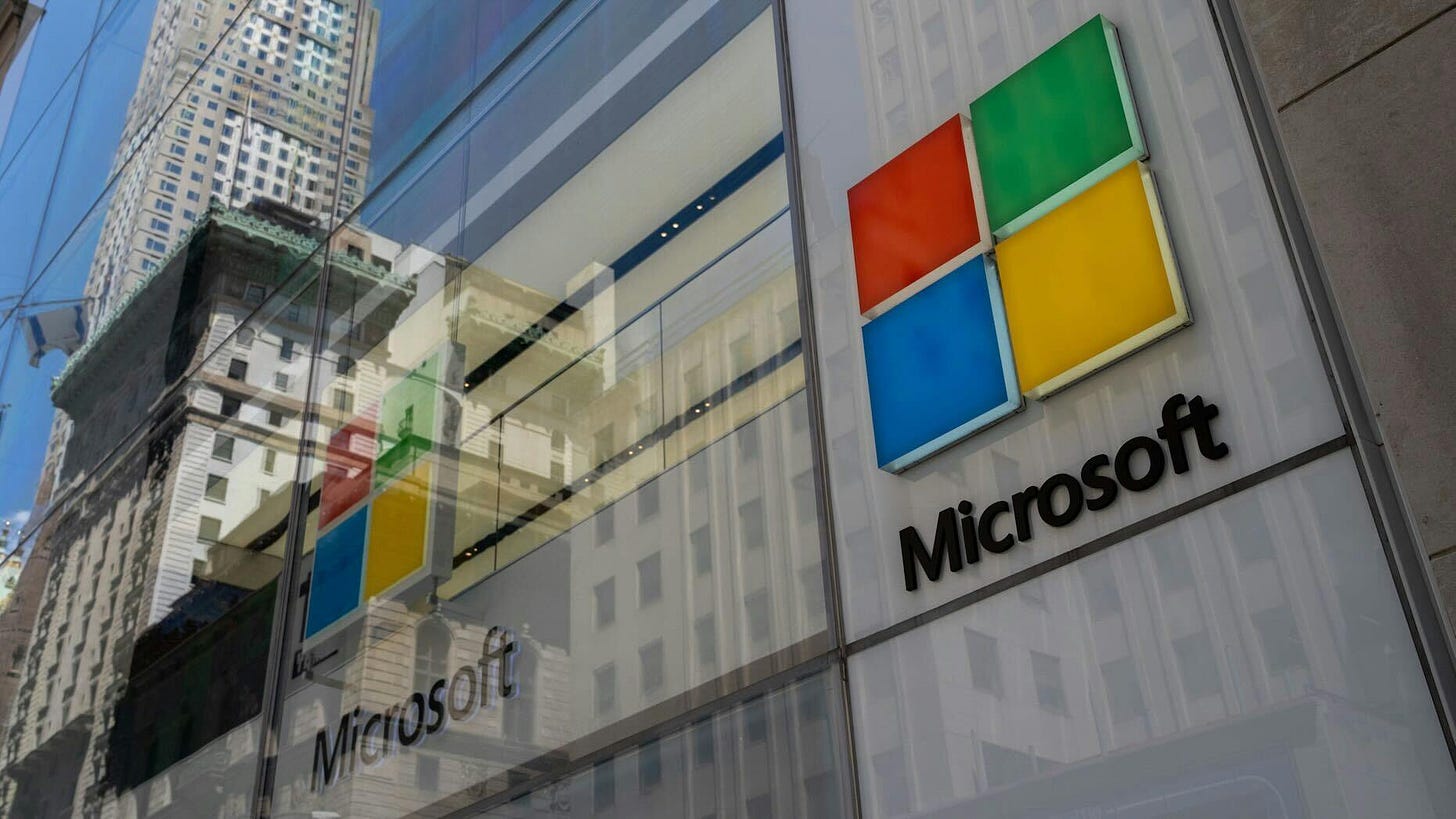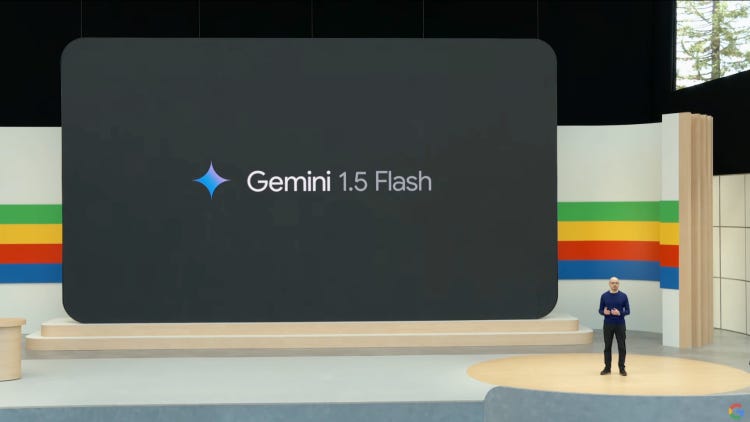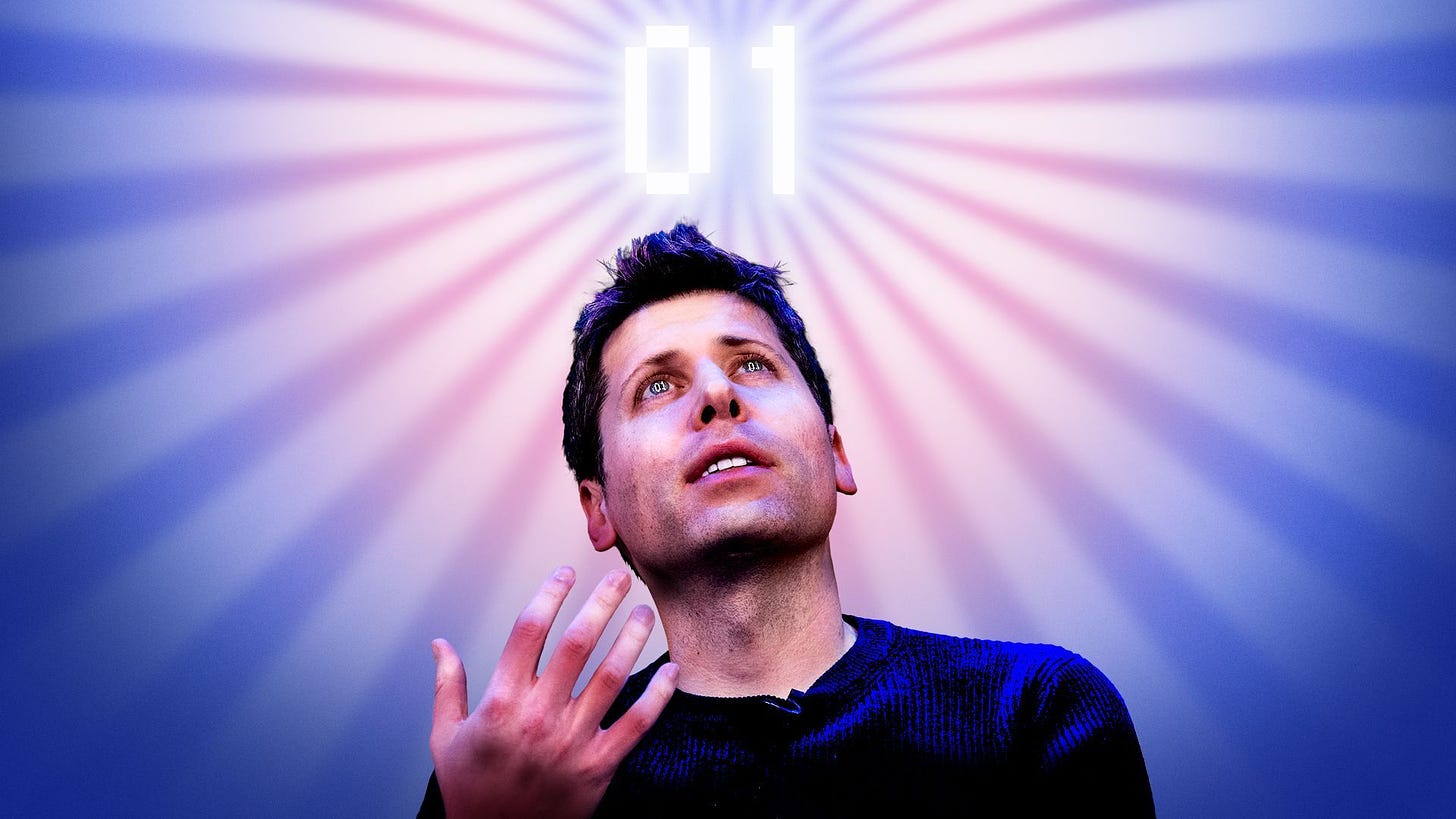
AI: Weekly Summary. RTZ #493
-
OpenAI people, product & funding plan news: OpenAI had quite the week with departures of some senior tech people, an ongoing corporate and board restructuring, momentum on various product fronts like video AI Sora, and getting ready to close an oversubscribed funding round. Although Apple is not likely to join the round, Microsoft and Nvidia are still in talks. Each of the developments on their own gives a distorted picture of the forward progress and momentum of the company. Together they provide a more familiar picture of the growing pains of past major tech companies that go through different phases of growth. Think Google, Meta, and many others in their early growth years. The current debate over the transition from ‘nonprofit’ to a ‘for profit’ PBC (Public Benefit Corp) structure seems dramatic, until one considers that Anthropic, its competitor founded on core AI Safety concerns, has been a PBC from its beginnings. Also remember Google’s decades long transition from being a ‘Don’t Be Evil’ aspirations in its IPO prospectus. In many ways, OpenAI is shifting to the next gear, just like its previous peers. More here.
-
Meta’s beefed up Llama 3.2, Meta AI & AR Glasses: Meta’s Mark Zuckerberg at its Connect Conference this week apparently ‘stuck the landing’ with its plethora of news. From an upgraded Llama 3.2 open source set of models, to celebrity voices for Meta AI, and AI generated image content for its platforms, to a favorably reviewed set of next generation ‘Orion’ AR (artificial reality) glasses. Those glasses won’t be ready for sale for a few years, and currently cost Meta over $10,000++ per unit for a thousand units. Neural link wristband for gestures included? They’re being used for internal and external testing according to CTO Andrew Bosworth, and of course public demonstrations at Connect and beyond. And they’re generating positive attention for the company vs. Apple’s $3400 Vision Pro a few months ago. Meta continues to enjoy its relative pole position in ‘smart glasses’ with its Ray-Ban branded wearables, that allow users to query the world with Meta AI. These also get new software upgrades in the coming days. More here on ‘smart glasses’ race.
-
Microsoft MAI back in focus: Microsoft is making some changes in its units headed by Microsoft AI (MAI) chief Mustafa Suleyman, pointing to some potential strategy changes. While the company continues to leverage its partner OpenAI’s industry leading GPT and ChatGPT array of products, it has also been developing its own large and small language models, along with its own approaches to generate data with LLM AI models. The org changes this week involving some senior personnel shifting between Suleyman’s MAI, to Microsoft Research. MAI continues to focus on Microsoft’s own LLM AI dubbed MAI-1, amongst other model efforts large and small (Phi). Externally, these efforts offer some comfort to Wall Street that Microsoft has a hedged strategy on AI, as it continues to build on its partnership with OpenAI. All this continues as Microsoft is laser focused to execute on Copilot AI across its many customer facing products and services. More on that here.
-
Apple reviews short-term focus on AI delays: Apple continues to see near-term pushback to the delays in its ‘Apple Intelligence’ features for its latest AI optimized phones and wearables. It’s coming up also in the various product reviews that like the hardware, but are commenting on the delays in the AI software. This then has led to questions on the financial analyst front on a potential lack of urgency on AI. Others like Barron’s, are taking a more long-term optimistic picture. A near-term AI plus is the company getting FDA approval for the Hearing Aid and Sleep Apnea on their devices. Despite the short-term concerns, Apple remains one of the best positioned big tech companies to benefit from personal AI applications and services on local devices in the billions. More here.
-
Google’s Gemini 1.5 family expands AI capabilities: Google had its own set of AI developments this week with Gemini 1.5 Flash, a faster multimodal model with a one million context window. It was released for public preview within its Google Cloud/AI Studio set of tools. This buttresses Gemini 1.5 Pro, released earlier this year, which now sees a doubling of its context window to two million. Context windows in LLM AIs is one of the next key ‘AI Table Stakes’ feature battles, and Google continues to be one of the leaders. Others include Anthropic, OpenAI and others. Separately, the company announced its Notebook LM AI note taking tools with YouTube and other content creation platforms. One of its cool applications is being able to generate an AI driven podcast out of PDFs. More here on Google’s broader Gemini AI efforts.
Other AI Readings for weekend:
-
OpenAI Sam Altman ‘Intelligence Age’ Essay. More here.
-
Wall Street continues debate on AI. More here.
Up next, the Sunday ‘The Bigger Picture’ tomorrow. Stay tuned.
(NOTE: The discussions here are for information purposes only, and not meant as investment advice at any time. Thanks for joining us here)













